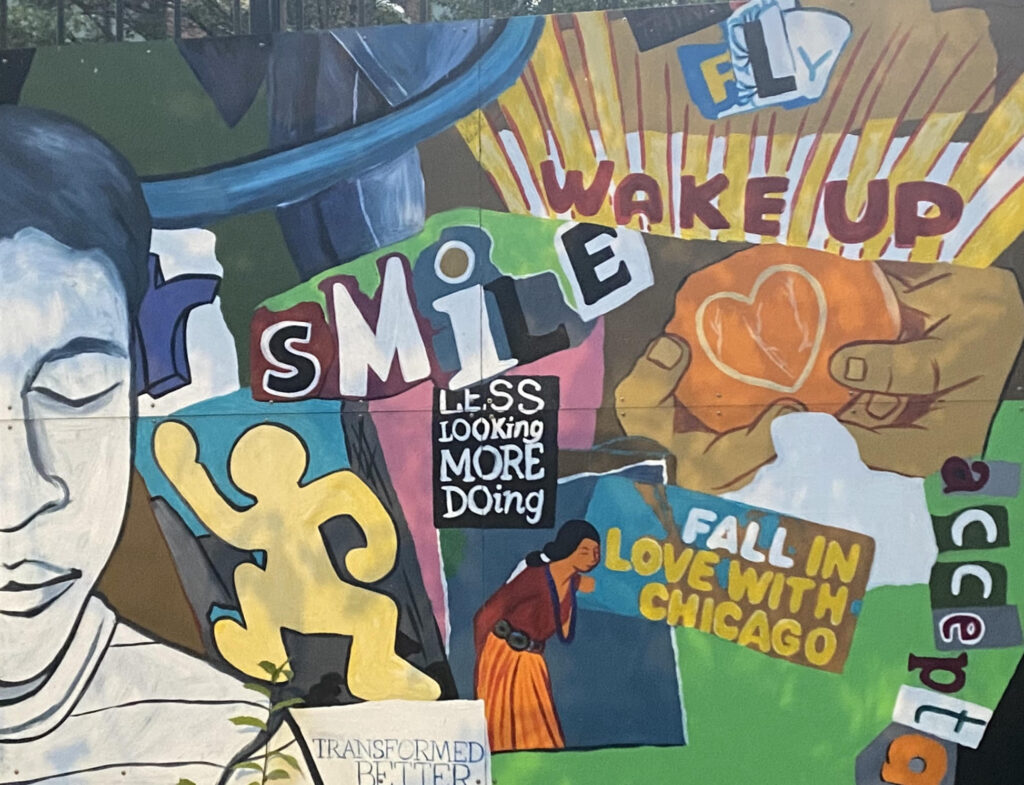Introduction & Challenge
Over decades, communities can change from disinvested and underserved, to reinvesting and improved — where displacement threatens low-income residents, reducing their access to housing, opportunities, and the services of a thriving community.
Property tax burdens, and other revenue, technical and cost concerns are threats to long-term social and economic sustainability of affordable housing. Given this reality, public, private, and non-profit organizations need to work in tandem to mitigate market forces that push people out of their place in the community and stifle long-term prospects for income and racial diversity.
Voice of the People in Uptown is dedicated to the proposition that every person deserves the chance to live in a great community. We believe that every owner needs support to viably sustain affordable housing and minimize the need for property sales that accelerate displacement and fuel gentrification.
Community Land Trusts – An Answer ?
Around the nation, “Community Land Trusts or CLTs” have been formed to keep ownership options available to persons, organizations or businesses of moderate income by controlling the land or buildings and leasing them back to occupants – with the agreement that should the property be sold, that they would be kept in ownership of people of modest income.
CLT methods and models are known for ownership housing, including how to “limit equity increases” and how to maintain and govern land trusts. In the Chicago metro area, CLTs are drawing increased recent attention as a strategy to expand homeownership and wealth building opportunities, particularly for people of color.
What about CLTs that support affordable rental housing? Many do exist, but the ways in which they guarantee affordability and are structured vary. The non-profit entities often duplicate housing developer, funding, financing, coalition and intermediary roles – which Chicagoland has in spades.
Could a CLT be set up where lasting affordability, not just land ownership, is the unifying feature, and existing or new housing sponsors were the members? To determine feasibility and seek the best input available, Voice announced the formation of an exploratory committee in March 2021 to advise its tenant-controlled board of directors.
Strategic Planning & Start-Up
Organizational outreach and meetings of prominent advisors began in the spring 2021, and research and consultations continued through 2022, culminating in the incorporation of the new “Dovie Thurman Affordable Housing Trust” in January 2023. This new entity is named in memory of Dovie Thurman, a legendary community activist, minister, Voice resident and “founding mother”.
See our video on Making History, articulating a vision for resident and owner services, with a Diversity Land Trust for sustainable racial and economic diversity. Learn more about the difference between traditional CLTs and the Dovie Thurman Affordable Housing Trust in this Diversity Land Trust Overview and check out our web page on Models for Structuring a DLT. Questions remain about if Chicago is ready for this kind of land trust.
If you believe in a vision of sustainably diverse Chicago communities and want to learn about or endorse the governing principles of the Dovie Thurman Affordable Housing Trust, visit our web page for Trust Allies and Supporters.

(Hazel-Winthrop Development)

